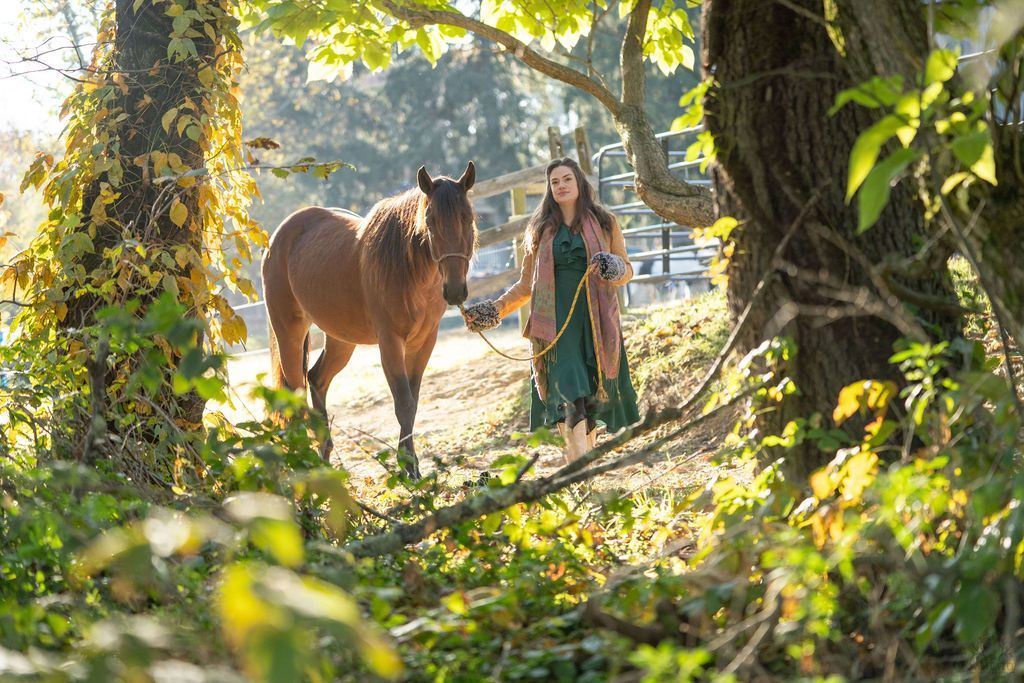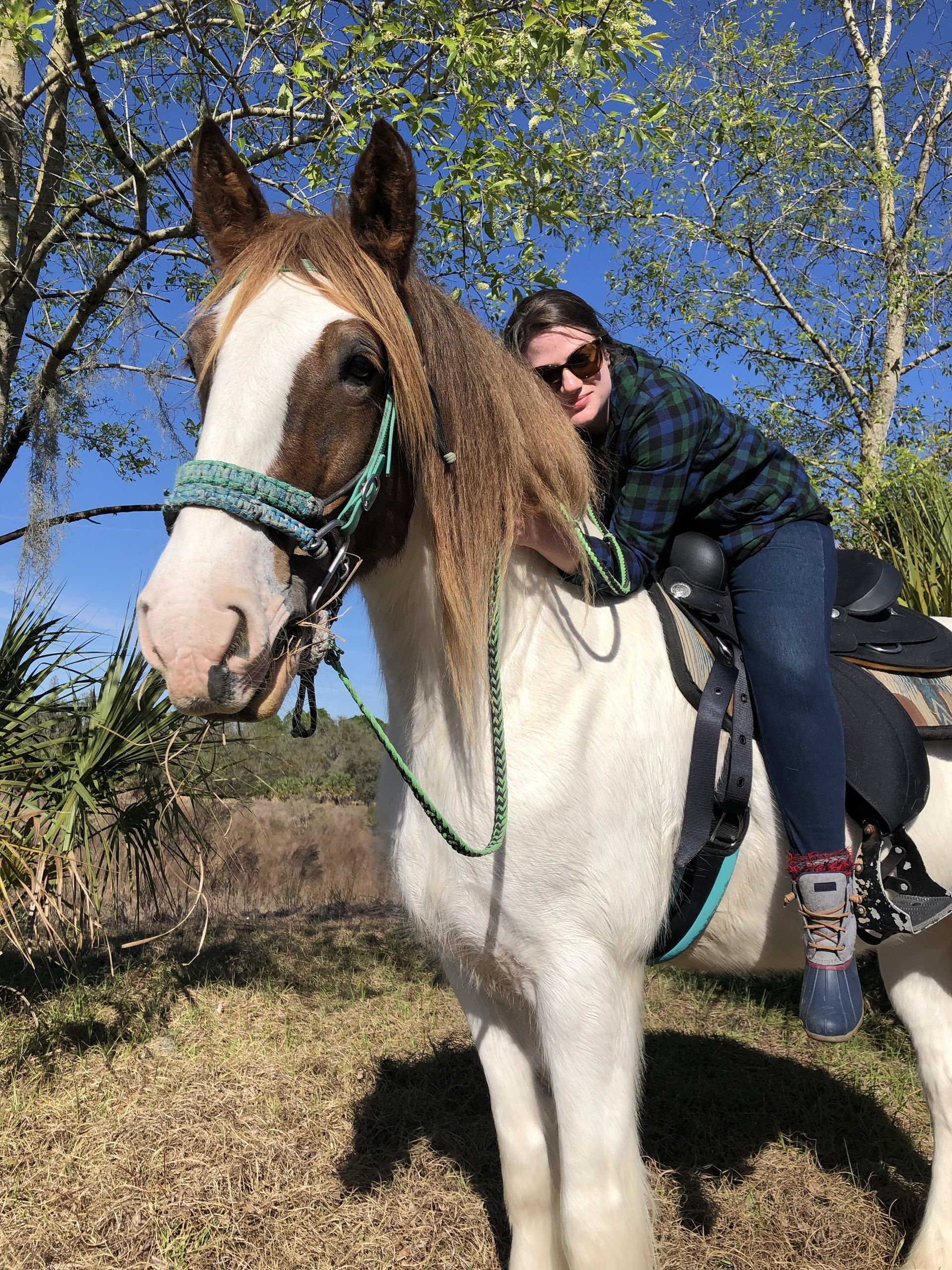Why Horses?
Horses see us as we truly are, reflecting our emotions and helping us heal. Their ability to connect with us makes them ideal partners. Natural Lifemanship (NL) principles use this unique human-horse relationship, grounded in the science of relationships and brain function, to promote healing for horse and human.
Healing for Horse and Human
Horses and humans share remarkable similarities when it comes to how our brains work, especially in areas that control emotions, reactions, and relationships. Understanding these similarities helps us see why horses are such powerful partners in healing and personal growth.
Horse and Human Brain
Now, I'm not a neuroscientist and this is a simplified explanation. But here is a look into the similarities and differences between the human and horse brain, and why it matters.

Lower Brain
What It Does
Controls movement and survival instincts— the fight, flight, or freeze responses.
Horses and humans rely on this part for immediate reactions to threats.
Horses are prey animals and have a highly developed lower brain.
Middle Brain
What It Does
Houses the limbic system, where emotions live and relationships are formed.
Horses are social creatures and form strong connections within their herd — and with us.
Upper Brain
What It Does
Handles thinking, planning, and problem-solving.
Humans have a more developed upper brain, allowing for complex reasoning.
Horses have a smaller upper brain but are still capable of learning and understanding through experience.
Shared Responses & Healing
Trauma Processing
Horses and humans store traumatic experiences in the lower and mid brain regions. That trauma effects our instinctual reactions, emotional well-being, and ability to relate.
Because we process trauma similarly, the ways we heal — through connected, safe relationships, trust-building, and positive experiences — are alike.
Emotional Mirroring
Horses are incredibly sensitive and can pick up on our emotional states. They often reflect our feelings back to us, helping us become more aware of what's going on inside.
Regulation & Co-Regulation
Being around calm horses can help us regulate our own emotions. Likewise, our calm presence can help a nervous horse feel more at ease.
Co-regulation strengthens the bond and promotes healing on both sides.
Why This Matters In Horsemanship
Building Trust
Understanding that horses react from their lower and mid brain helps us approach them with patience and empathy.
We can create safer environments that cater to their need for security and connection.
Effective Communication
Knowing that horses don't rely heavily on their upper brain for complex thinking, we focus on clear, consistent signals they can easily understand.
This reduces confusion, builds a stronger partnership, and results in safer horse.
Healing Together
Developing a consistent, trusting relationship satisfies the mid brain's need for emotional connection.
This strengthens the bond between you and your horse, and promotes co-regulation.
Neuroscience Meets Horsemanship
The Hearts N Hooves method aligns with horse and human brain function.
Equine Psychology
Respecting and understanding horses as a species and as individuals allows us to build trust and authentic connections without coercion or force.
Human Brain Development
Our methods are sensitive to human brain development. Interacting with horses positively influences neural pathways, enhancing self-awareness, emotional regulation, and relational skills.
The Caregiver-Infant Bond
The connection formed between human and horse in mounted work mimics the brain activation and development that occurs when a caregiver holds an infant. This facilitates healing from trauma and fosters secure, healthy relationships.

